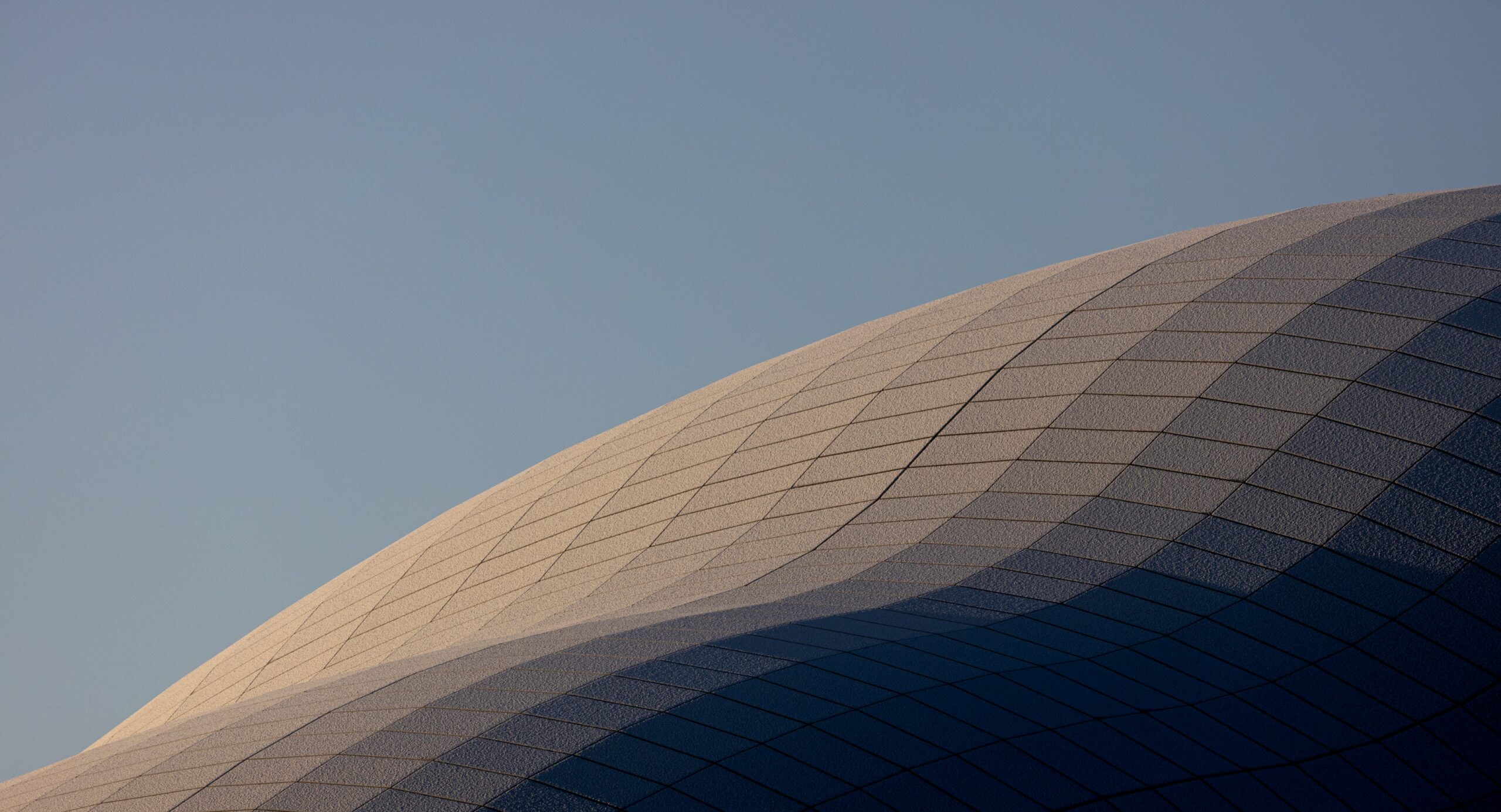Ich frage mich: wie soll meine Zukunft aussehen? Weiß ich überhaupt was ich möchte? 35 Jahre im gleichen Job arbeiten, am gleichen Ort wohnen? Die Zukunftsforscherin Florence Gaub sagt:
Die Zukunft gehört denen, die sie sich vorstellen. Die Zukunft ist das was du daraus machst. Jemand, der auf Autopilot durchs Leben eiert und nie darüber nachdenkt, dem gehört die Zukunft nicht. Aber jemand der wirklich darüber nachdenkt was er damit machen will, dem gehört sie auch ein Stück.
Zukunftforscherin Florence Gaub – Wem gehört die Zukunft, Podcast ‚Hotel Matze‘
Also dann wäre die Frage wie genau die Zukunft aussehen soll in 15 Jahren oder 20 Jahren? Die Frage ist vielleicht auch: Welche unangenehmen Entscheidungen muss heute treffen und welche Wege muss ich heute gehen, damit es meinem zukünftigen Ich etwas besser geht. Denn die Völlerei von heute ist möglicherweise die Fettleibigkeit und der Bluthochdruck von morgen. Ich kann mich erinnern, dass ich zeitweise meine Wochenenden im Studium siechend und gelangweilt verbracht habe und mich dann gefragt habe: was wird dein zukünftiges Ich dazu sagen? Was kannst du JETZT anders machen? Ich hatte mich dann dazu entschieden, ein Jahr im Ausland zu studieren. Das habe ich nicht (nur) gemacht, um dort eine gute Zeit zu haben, sondern vielmehr, um meinem zukünftigen Ich, eine Vergangenheit mit aufregenden Geschichten und eine extrovertierte, weltoffene, wagemutige Persönlichkeit zu schenken. Also stellt sich die Frage: was würde ich gerne meinem zukünftigen Ich geben?; was davon kann ich schon heute in die Wege leiten? Aber weiß ich überhaupt, wer ich in Zukunft sein möchte und welche Bedürfnisse ich haben werde? Der Podcast-Host Shankar Vendantam sagt in seinem TED-Talk „You Don’t Actually Know What Your Future Self Wants“:
When I was 22 I was an […] electrical engineer in Southern India. I had no idea that three decades later I would be living in the United States, that I’d be a journalist and that I would be the host of a podcast called Hidden Brain. […] We didn’t have podcasts when I was graduating from college, we didn’t walk around with smartphones in our pockets. So my future was not just unknown, it was unknowable. […] There is a paradox here. […] When we look backwards, we can see enormous changes in who we have become, but when we look forwards we tend to imagine that we are going to be the same people in the future. […] I call this the illusion of contunuity. […]
Shankar Vendantam, TED Talk „You Don’t Actually Know What Your Future Self Wants“
All of us spend so much of our time to make our future selves happy. We don’t stop to ask: is it possible that in 20 or 30 years our future selves are going to look back at us with bewilderment, with resentment. […] If you accept that you are going to be a different person in 30 years, you should play an active role, crafting the person you are going to become. You should be the curator of your future self. You should be the architect of your future self. But what does that mean? Spend time with people who are not just your friends and family. Spend time on avocations in professional pursuits that are not just what you do regularly. Expand your horizons, because you’re going to become someone different, you might as well be in charge of deciding who that person is going to be. So the first piece of advice is to stay curious. Second, as we make pronouncements on social media or in political forums or at dinner parties, let’s bear in mind that among the people who might disagree with us are our own future selves. So when we express views with great certitude and great confidence, let’s remember to add a touch of humility. […] Three, I’ve given you a number of ways in which our future selves are going to be weaker and frailer than we are today. And that is true, that is part of the story. But it is only a part of the story. Our future selves are also going to have capacities and strengths and wisdom that we do not possess today. So when we confront opportunities and we hesitate, when I tell myself, I don’t think I have it in me to quit my job and start my own company, or I tell myself, I don’t have it in me to learn a musical instrument at the age of 52, or I tell myself, I don’t have it in me to look after a disabled child, what we really should be saying is, I don’t have the capacity to do those things today. That doesn’t mean I won’t have the capacity to do those things tomorrow. So lesson number three is to be brave. I believe if you can do these three things, if you can stay curious, if you can practice humility and you can be brave, then your future self will look back at you in 20 or 30 years. We’ll look back not with resentment or bewilderment, but we’ll look back at you and say, thank you.
Das sind sehr allgemeine Tipps: neugierig, demütig und mutig zu sein. Die Frage ist wie man das genau umsetzt…
